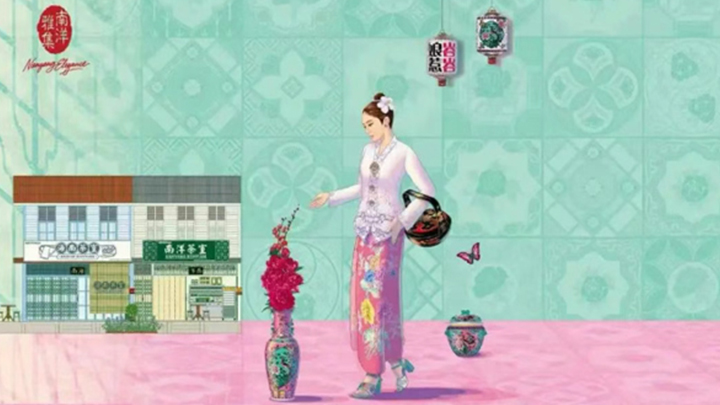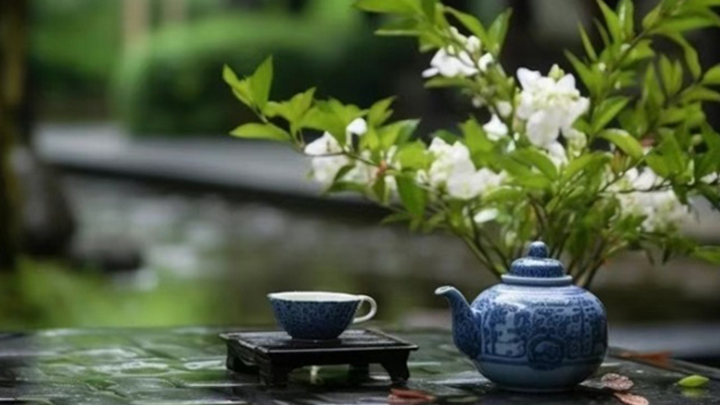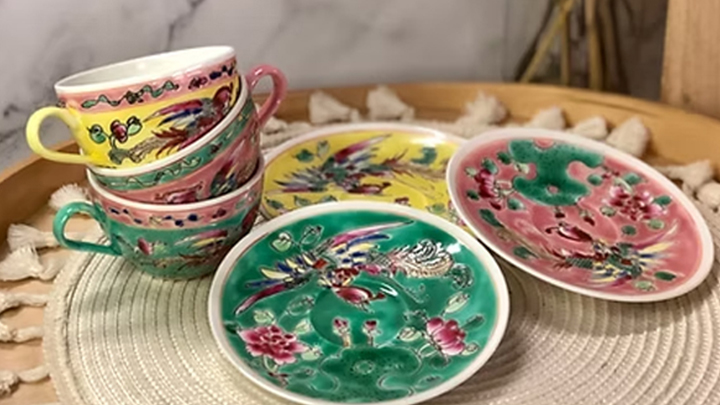An Introduction to Nyonya Porcelain
Nyonya porcelain, also known as Peranakan porcelain, is a distinctive and vibrant art form that emerged from the cultural fusion of Chinese immigrants and local Malay communities in Southeast Asia, particularly in Malaysia, Singapore, and Indonesia. The term "Nyonya" refers to the women of the Peranakan community, who played a central role in shaping this unique ceramic tradition. These exquisite pieces are not merely utilitarian objects but are emblematic of a rich cultural heritage and a testament to the harmonious blend of aesthetics from different worlds.
The origins of Nyonya porcelain date back to the 19th century when Peranakan families, descended from Chinese traders who settled in the region, began commissioning custom-made ceramics from China. These pieces were often produced in Jingdezhen, China’s porcelain capital, and featured designs tailored to the Peranakan taste. The ceramics typically include tableware, tea sets, and decorative items such as vases and jars, all characterized by their bold colors, intricate patterns, and symbolic motifs.
One of the most defining features of Nyonya porcelain is its vibrant palette. Cobalt blue, green, pink, and yellow are commonly used, creating a lively contrast against the white porcelain background. The designs often incorporate floral patterns, such as peonies and chrysanthemums, which symbolize prosperity and longevity. Additionally, mythical creatures like phoenixes and dragons, as well as everyday scenes, are depicted, reflecting a blend of Chinese symbolism and local influences.
The functionality of Nyonya porcelain is equally important. It was traditionally used in ceremonial contexts, such as weddings and religious rituals, where it symbolized status and cultural identity. For example, elaborate tea sets were essential in wedding ceremonies, representing the family’s wealth and heritage. Today, these pieces are highly sought after by collectors and museums worldwide, not only for their beauty but also for their historical significance.
In contemporary times, Nyonya porcelain continues to inspire artists and designers, serving as a symbol of cultural pride and identity. Its enduring appeal lies in its ability to tell a story of migration, adaptation, and the creation of a unique cultural expression. As a testament to the Peranakan legacy, Nyonya porcelain remains a cherished and celebrated art form, preserving the rich history of Southeast Asia’s cultural mosaic.




